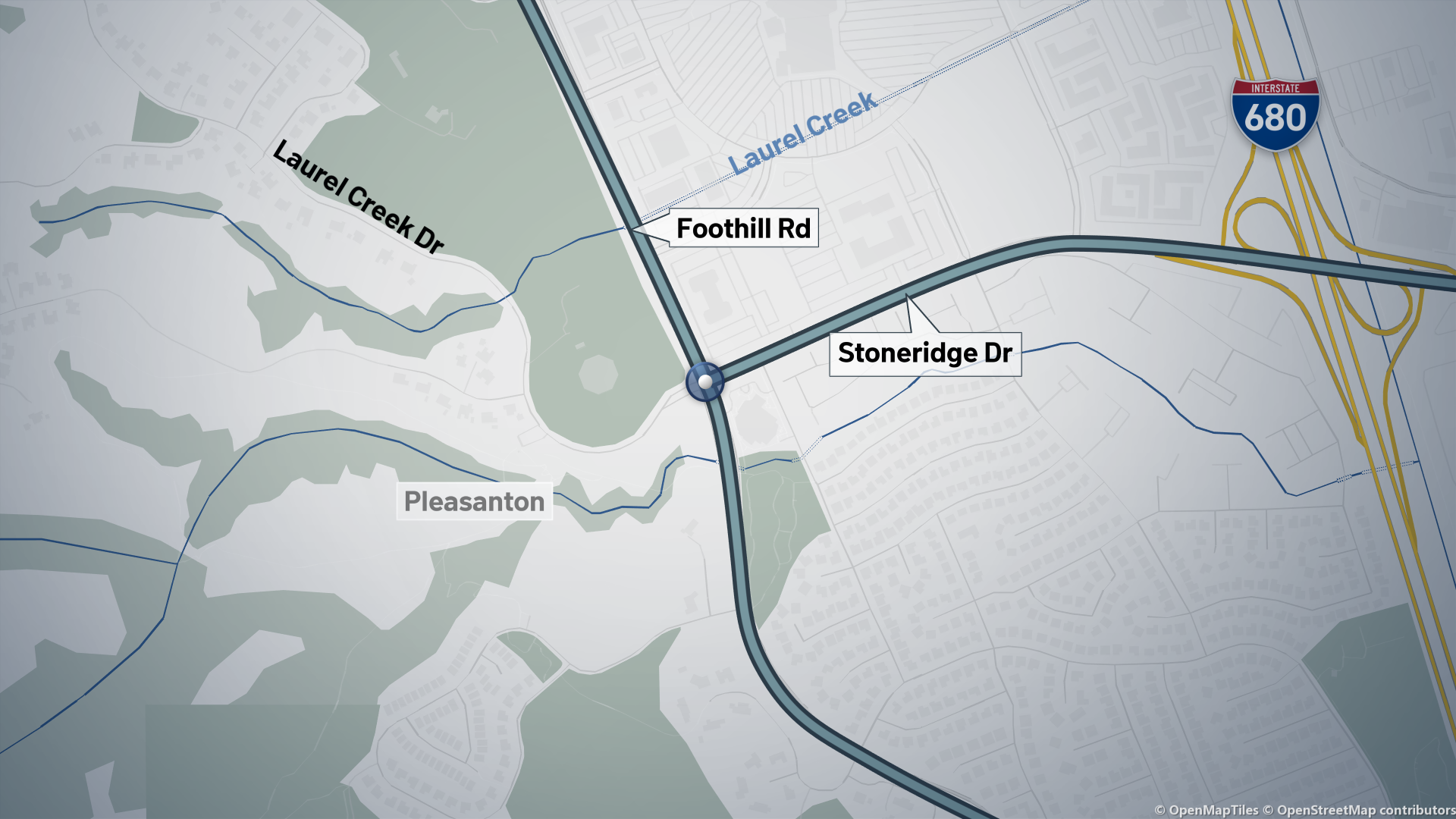The fight over a new cigarette tax in California has reached epic proportions. Both sides in the debate have spent close to a combined $57.9 million campaigning for and against Proposition 29.
If passed, the measure would add a dollar to the price of every pack of cigarettes sold in California. Under Prop 29 that extra money would go to fund research of tobacco-related diseases.
According to the campaign finance tracking group maplight.org, dozens of groups have spent $11.2 million pushing the measure. Among those giving to support the measure are the American Cancer Society, which contributed $8.4 million, the Lance Armstrong Foundation, which gave $1.5 million, the American Heart Association, which gave $550,149, Michael Bloomberg, who contributed $500,000 and the American Lung Association, which gave $415,986.
The same analysis shows that even more groups have spent a combined $46.7 million opposing Proposition 29. Included among those contributors to "No On 29” are Philip Morris and US Smokeless Tobacco whose parent company Altria, gave $30.5 million, Philip Morris Tobacco Company, which contributed $11.1 million and American Snuff Company, whose parent company Reynolds American Inc., gave $1.75 million.
Political analyst Larry Gerston says the big money from big tobacco is no big surprise.
“They are known for doing this because frankly, it’s their bottom line that’s being threatened (by this proposition),” Gerston said.
But the NBC Bay Area Investigative Unit discovered that supposed “independent” groups also opposing Proposition 29 actually have the backing of the tobacco industry. We found at least a dozen organizations that oppose Proposition 29 also have historical, and in some cases financial, links to big tobacco.
Local
Maplight.org’s analysis of California’s Secretary of State campaign finance records shows that Philip Morris gave the Small Business Action Committee in California $500,000 in 2010. That’s about a third of the entire receipts of $1.47 million received by the Small Business Action Committee in 2010.
Since 2010 Philip Morris also gave two different political action committees associated with the California Chamber of Commerce, JOBSPAC and CALBUSPAC, more than $2 million, including $109,500 just last week.
Both the Small Business Action Committee and the California Chamber of Commerce are listed on the “No On 29” website.
But we discovered these aren’t the only groups with ties to big tobacco. In fact, other groups’ ties date back decades.
We dug through 30-years-worth of insider documents and letters written by and to tobacco company executives. The memos are now part of the Legacy Tobacco Documents Library at the University of California at San Francisco.
Searching through the 62 million documents that make up the Legacy Tobacco Documents online, we discovered dozens of papers that detail big money contributions and cozy relationships between the tobacco industry and some of the same groups now opposing Proposition 29.
For example, the California Taxpayers Association or Cal Tax opposes the initiative. We discovered evidence that the organization has been affiliated with RJ Reynolds Tobacco Company for more than three decades.
We found a 1998 memo from Cal Tax to the RJ Reynolds State Government Relations Director that states, “R.J. Reynolds Tobacco Company has been a member of the California Taxpayers’ Association (Cal Tax) since 1980 and we are grateful for the company’s support of our work.” Click here to view the memo.
We also uncovered various invoices from the 1980s and 1990s that show the Tobacco Institute paid membership dues to Cal Tax. One document dates back to 1992, when the Tobacco Institute wrote a check for $1,100 to Cal Tax. This invoice also shows that The Tobacco Institute had been a member of Cal Tax since 1987. Click here to view the invoice.
We also found a 1996 letter that shows RJ Reynolds Tobacco Company sent a $100,000 check to the group Americans for Tax Reform, another organization that opposes Proposition 29. Click here to view the letter.
Then there is another letter dated May 19, 1999 from the president of Americans For Tax Reform, Grover Norquist. In the letter Norquist asks Philip Morris’ Manager of Public Affairs, Kirk Blalock, for a quarter of a million dollars. “This is a formal request for $250,000 in general support for the work of Americans for Tax Reform,” the letter states. “Americans for Tax Reform opposes any and all tax increases and fights onerous regulations on both the federal and state level.” Click here to view the letter.
Political analyst Larry Gerston said that these sorts of financial relationships often exist outside of public awareness.
“These kinds of transfers of money increasingly take place under a very dark shadow,” Gerston said.
If you have any doubt that these type of relationships are part of a larger, deliberate public strategy, look no further than a 1998 proposal from a Sacramento political consulting group to The Tobacco Institute during the debate over another cigarette tax referendum.
Dated February 13, 1998, on page 1, the proposal states, “The tobacco industry is currently losing the public relations war with the general public.” It continues, “Understanding the above, the only way to defeat any of the hostile tax increase measures currently in circulation for the November ballot in California, is to build a coalition of groups more favorable to the public without the fingerprints of tobacco on it.” Click here to read the proposal.
On page 17 in its conclusion, the proposal adds that “we have to resort to a more stealth approach, where a loose group of coalitions is hitting the initiative from different angles. This should be the planned strategy for the weeks before the election.”
“Tobacco is a stained name,” Gerston said. “For years they have fought the whole idea that tobacco kills.”
He added that the tobacco industry has a long history of trying to separate itself with anything that taints it.
“So why shouldn’t they go ahead and try and surround themselves with groups that might not be viewed as poorly?" asked Gerston.
In an e-mailed statement, Cal Tax said its “membership is very diverse – representing all industry segments, taxpayers large and small” and it does not take stands on issues based on who gives it money. Click here to read the entire statement.
A spokesman for Altria, the parent company of Philip Morris emailed us a statement saying in part, “Our support of a diverse range of organizations that are focused on issues that affect our business is part of a public policy engagement.” Click here to read the full statement.
RJ Reynolds Tobacco told us that the company does not comment on historic documents.
We should also note that the director of the tobacco library at University of California San Francisco, Dr. Stanton Glantz, supports Proposition 29 and has appeared in television commercials backing its passage.
Other organizations that oppose Proposition 29 also sent us statements:
Click here to read the statement from Americans for Prosperity
Click here to read the statement from the California Hispanic Chambers of Commerce
Click here to read the statement from the No On 29 campaign
Do you have another story you think we should investigate? Email theunit@nbcbayarea.com or call 1-888-996-8477.



